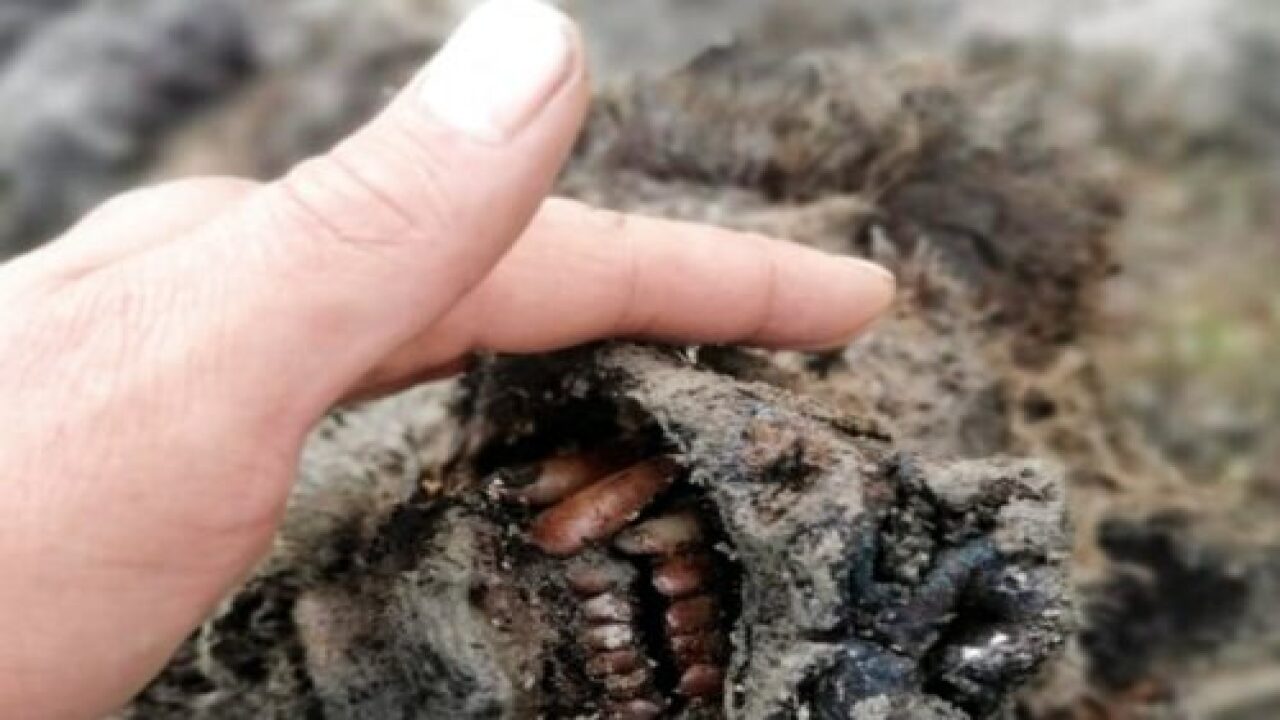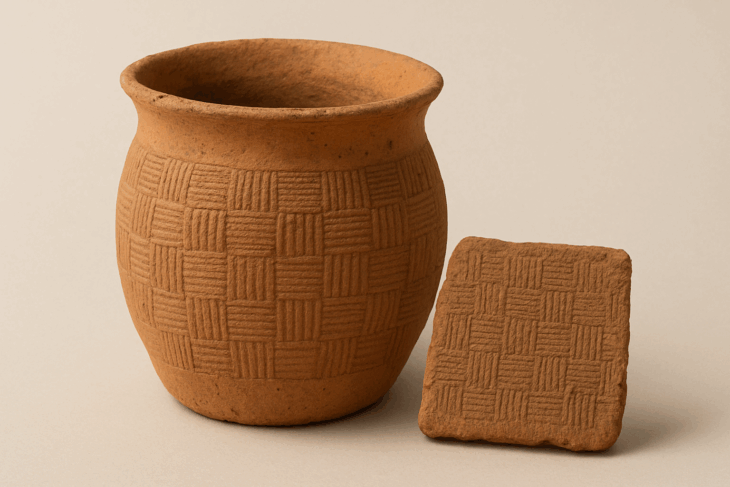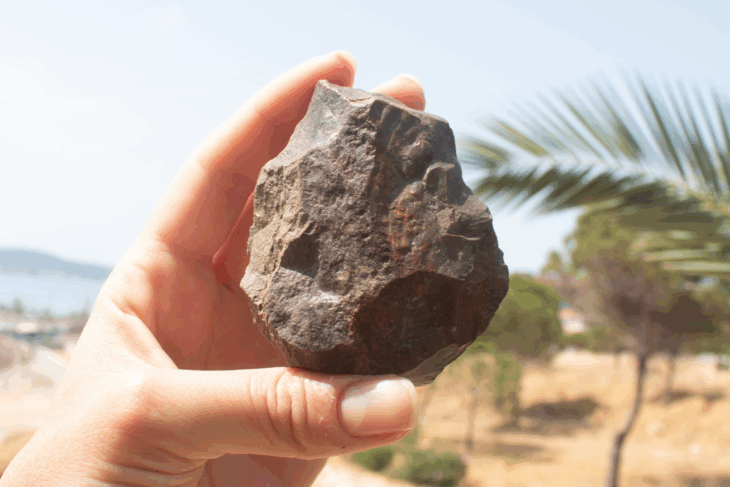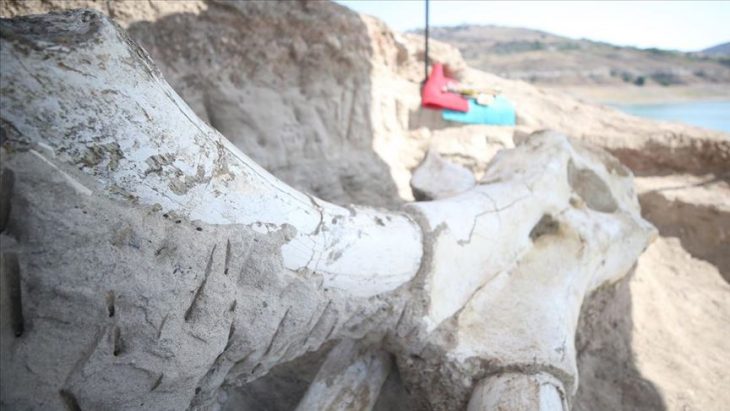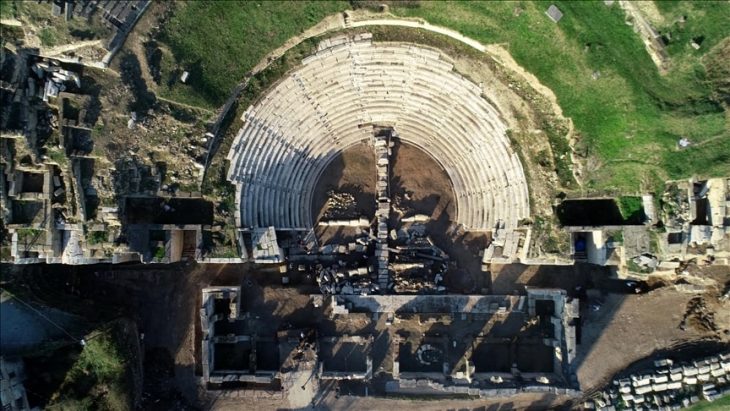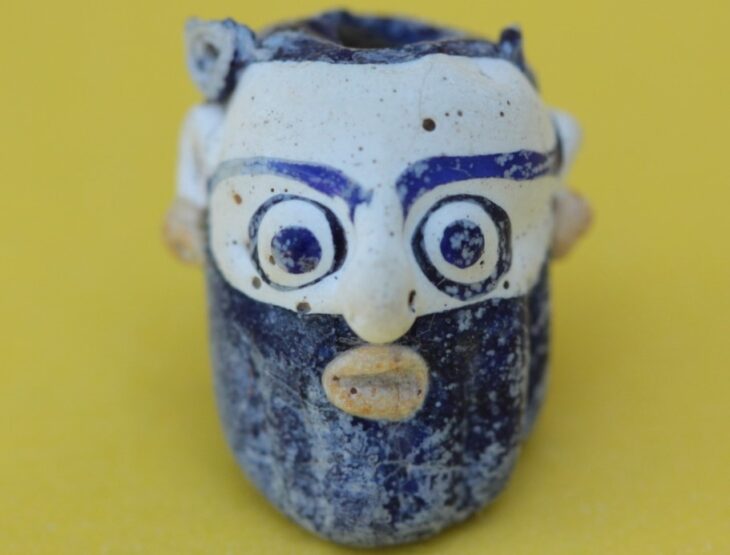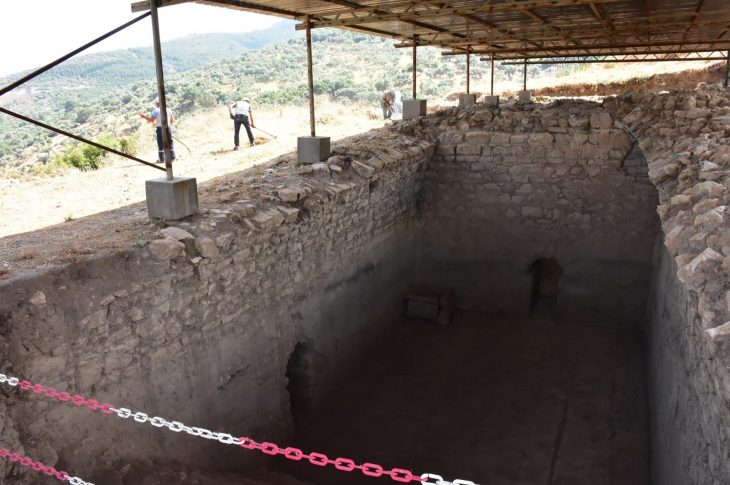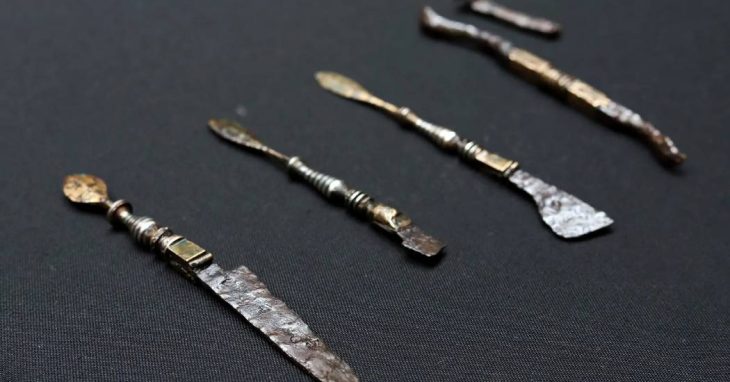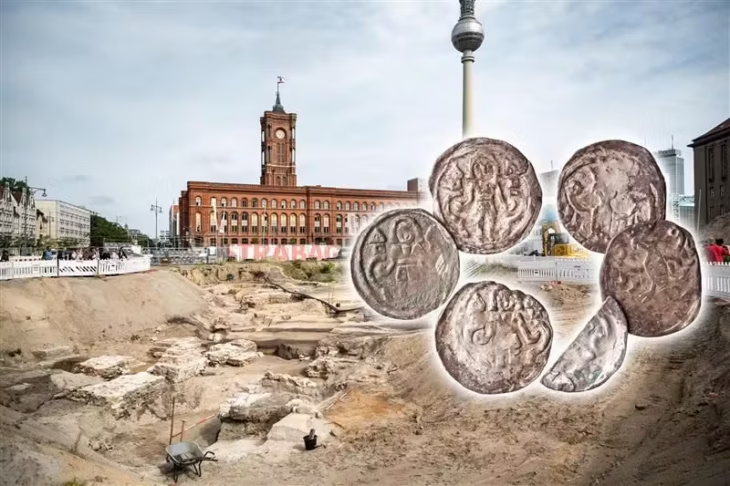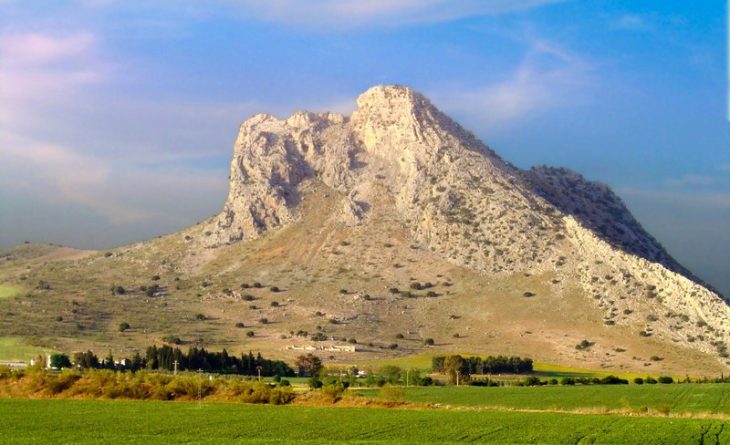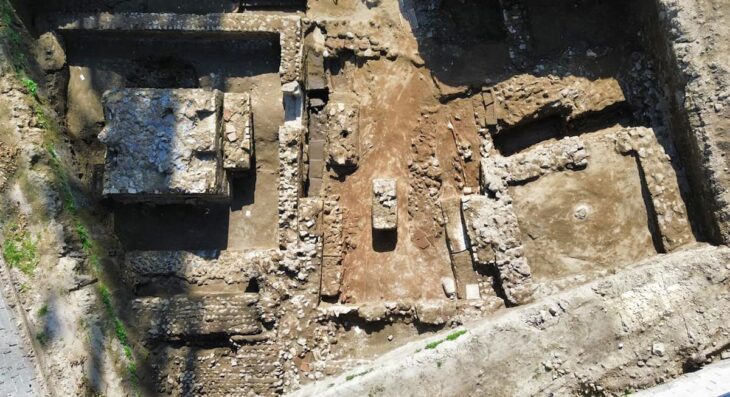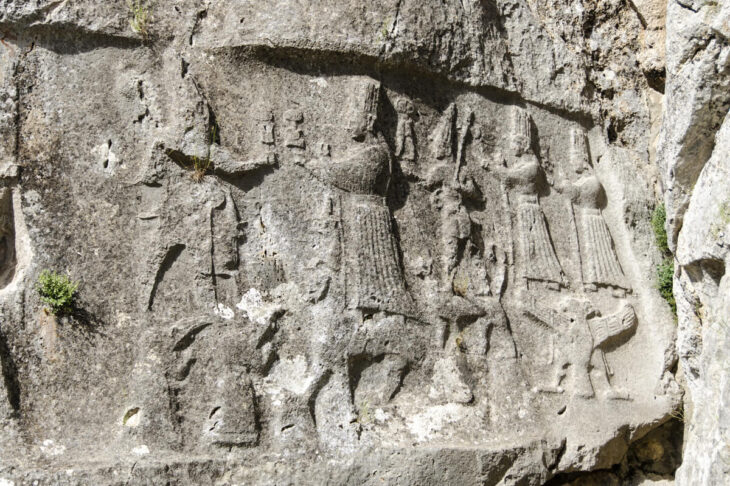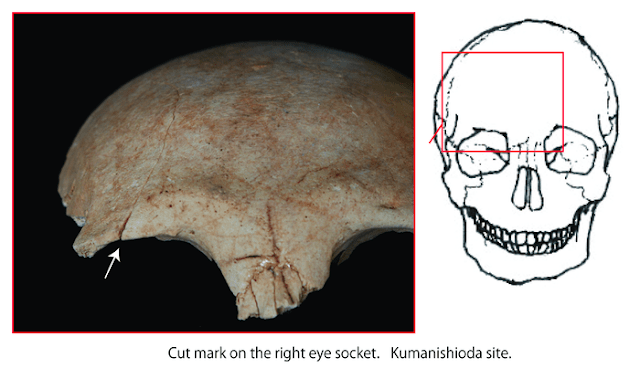As the permafrost on Bolshoy Lyakhovsky Island in eastern Siberia melted, a mummified brown bear that lived more than three thousand five hundred years ago emerged.
In an effort to advance research on extinct animals, researchers are now preparing to perform an autopsy on the bear.
The female bear was found by reindeer herders in 2020 jutting out of the permafrost. It was given the name Etherican brown bear because it was discovered just east of the Bolshoy Etherican River.
“This find is absolutely unique: the complete carcass of an ancient brown bear,” said Maxim Cheprasov, laboratory chief at the Lazarev Mammoth Museum Laboratory at the North-Eastern Federal University in Yakutsk, eastern Siberia.
The extreme temperatures helped preserve the bear’s soft tissue as well as the remains of its final meal — bird feathers and plants — for 3,460 years. The bear stands 1.55 meters (5.09 feet) tall and weighs nearly 78 kilograms.
📣 Our WhatsApp channel is now LIVE! Stay up-to-date with the latest news and updates, just click here to follow us on WhatsApp and never miss a thing!!
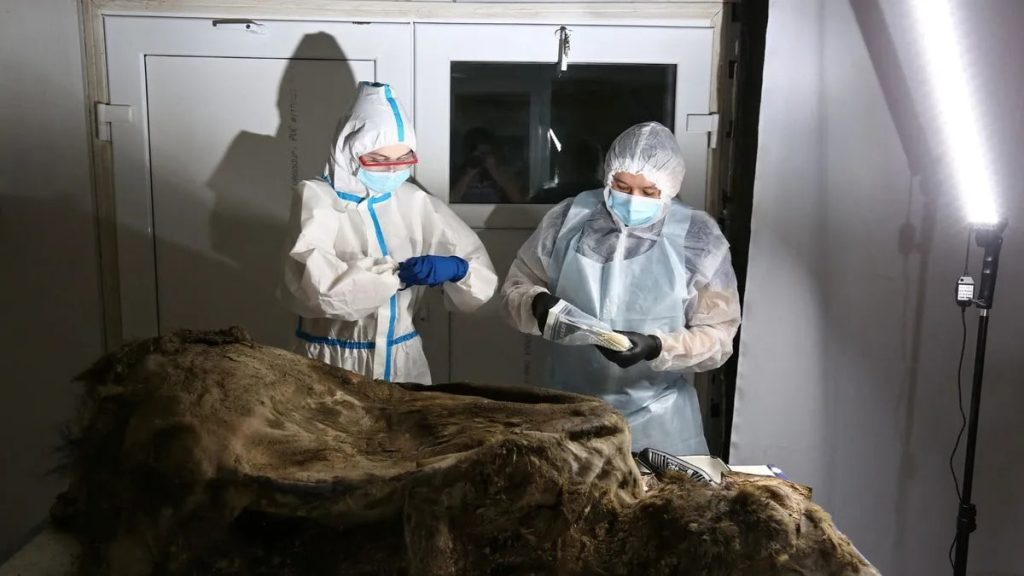
Scientists in Siberia were able to examine the bear’s brain and internal organs as well as conduct a variety of cellular, microbiological, virological, and genetic studies after successfully cutting through the bear’s thick hide.
“For the first time, a carcass with soft tissues has fallen into the hands of scientists, giving us the opportunity to study the internal organs and examine the brain,” said Cheprasov.
“Genetic analysis has shown that the bear does not differ in mitochondrial DNA from the modern bear from the north-east of Russia — Yakutia and Chukotka,” Cheprasov said.
He said the bear was probably two to three years old when it died from an injury to its spinal column.
However, it is unknown how the bear got to the island, which is now separated from the mainland by a strait measuring 50 kilometers. It may have crossed over ice, swum over, or the island might still have been part of the mainland.

